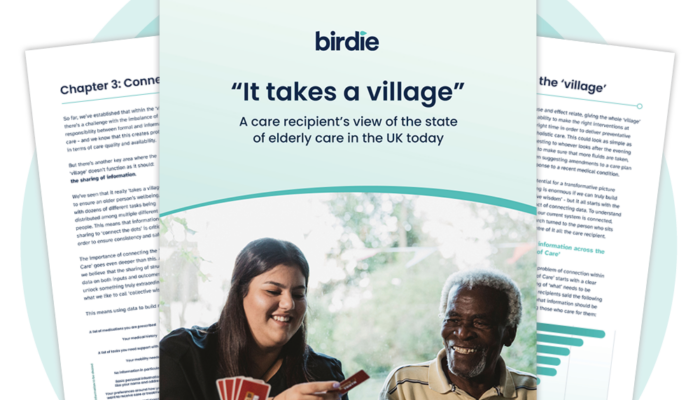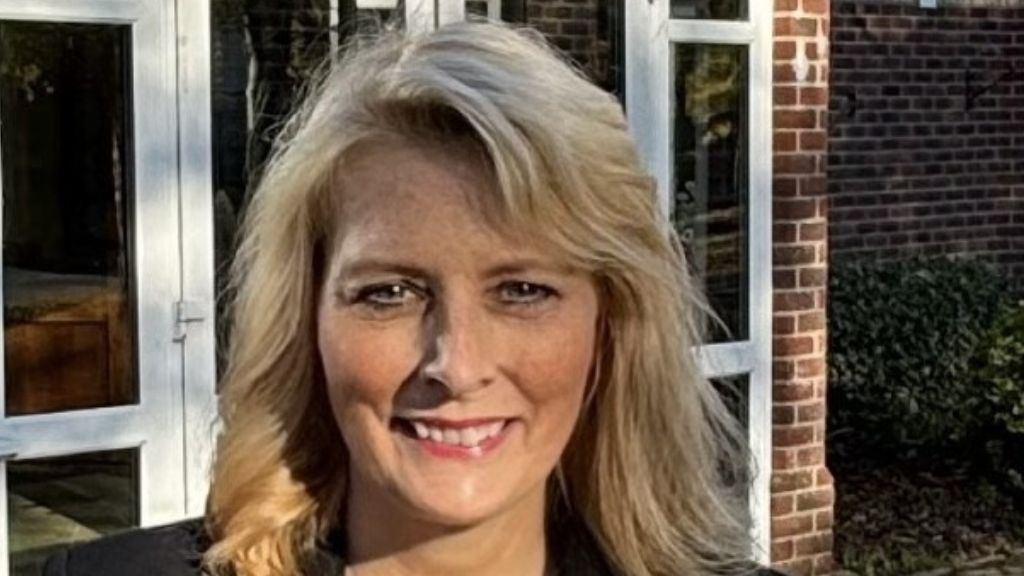Report reveals critical gaps in care access

Only 6% of older adults in need of care receive state or privately funded home care, according to research from technology provider Birdie.
The survey of 1,000 adults aged 70 and above who access care also found 4% receive care from district nurses and fewer than 1% live in care homes.
This means over 60% of support takes the form of informal care provided by families, neighbours and friends. more than half (53%) of care recipients said they needed more support.
The “Village of Care” report found that challenges around access to care are likely to stem from financial limitations for private care, a lack of awareness about available services, complex application processes for public care, and regional shortages.
With a rapidly ageing population, the report warns that this situation is likely to deteriorate, with families ill-equipped to take on more complex care demands, creating caregiver burnout and clinical risk as a result.
The report found nearly half (44%) of respondents required ongoing support from two or more specialist caregivers, while 37% had experienced delays or errors in medical treatment.
The report calls for a two-pronged approach to improving social care: using digital platforms to connect all care providers—formal and informal—to share data and prevent gaps in care, and transforming care coordination by educating about the benefits of information sharing and better supporting informal carers.
Birdie has also published a white paper with the input of 20 social care and NHS experts setting out seven policy actions needed to support social care are outlined in full to the Government.
Max Parmentier, chief executive and co-founder of Birdie said: “This investigation is a clarion call to improve access to health and social care. The new government is right to focus on community-based care—just as it takes a village to raise a child, it takes a village to care for our elders, from GPs and nurses to family and friends.”
He added: “However, while this model is essential, it needs urgent support. Unpaid carers, like families and friends, require a national support system. We also need urgent reforms to better connect the NHS with social care providers, improve information sharing, and update Care Quality Commission assessments to ensure our elderly population receives the quality of care they deserve.”



